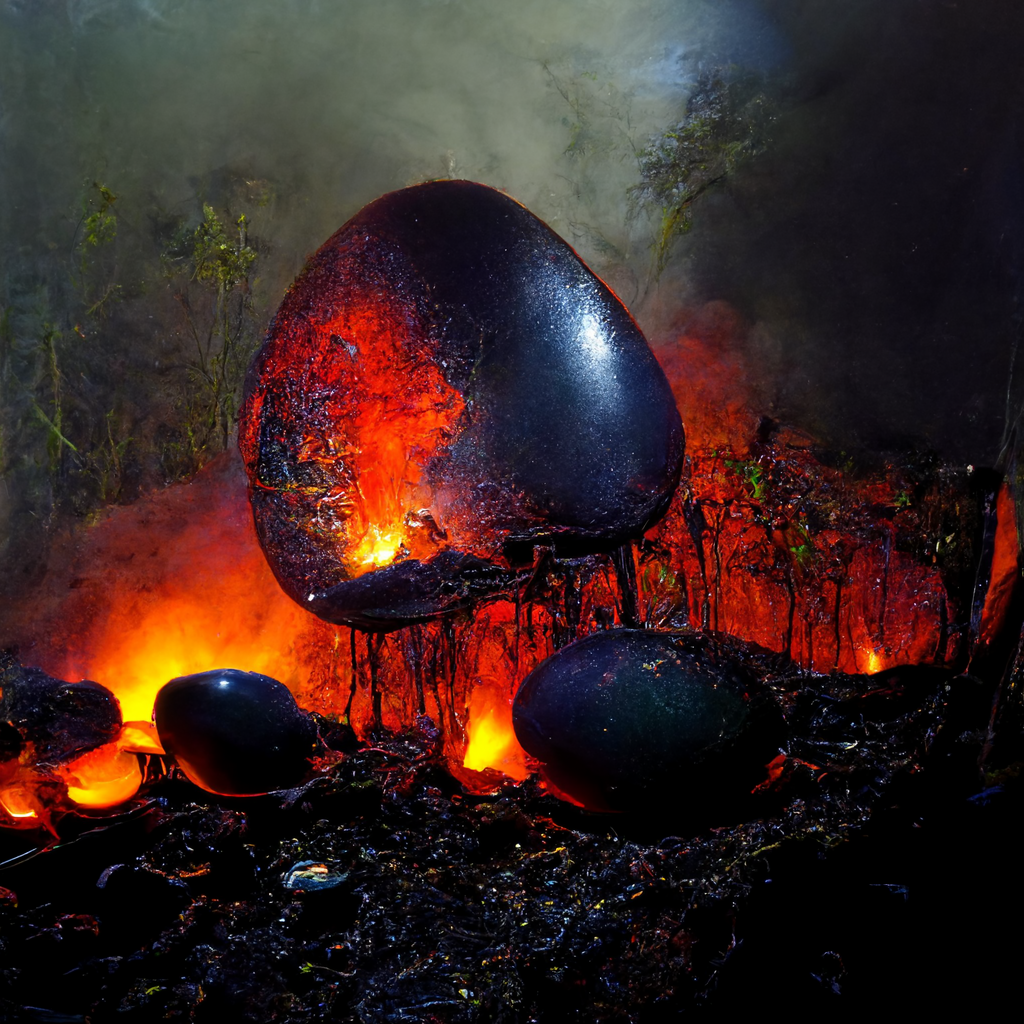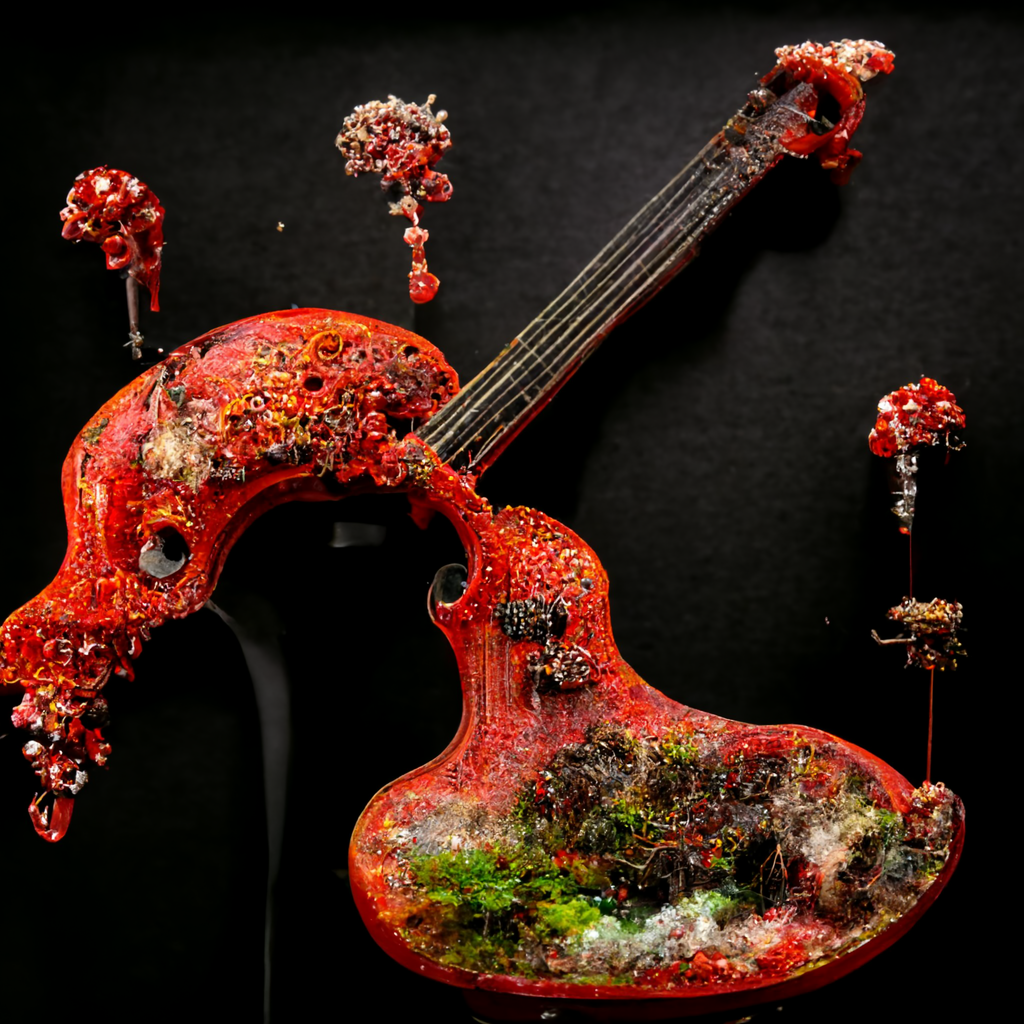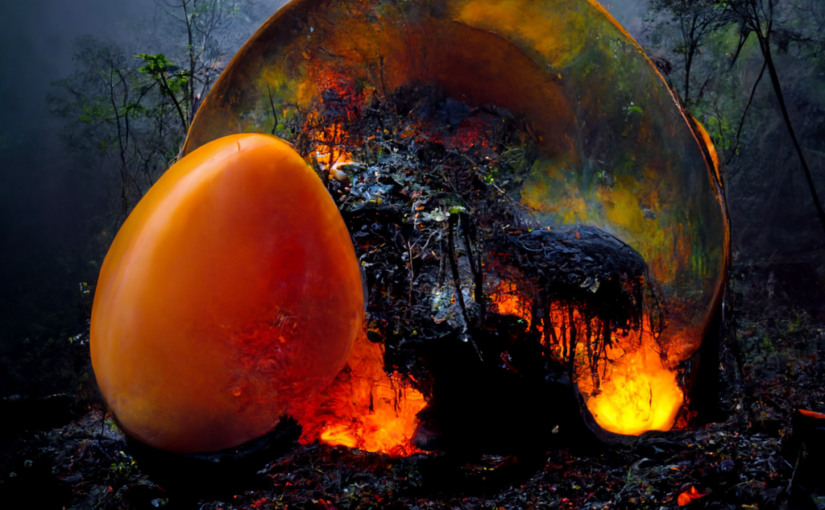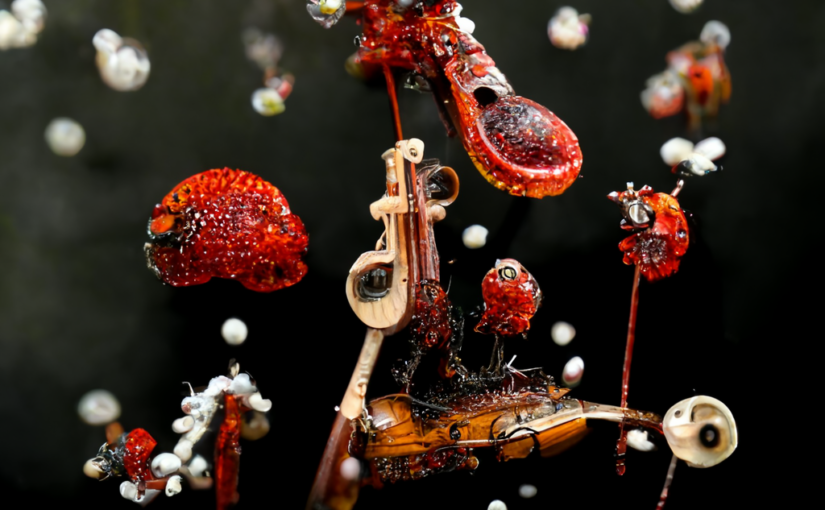If you go deep enough with your arts practice, at first
you may think you are the creator of your works. Then
you realize you are becoming the instrument, and eventually
you come to realize that you’re the work of art. And that
you always were.
Public Service Announcement
You are free to love whatever music loves you back.
No guilty pleasure, only recognition.
No sophistication required, no approval necessary.
Only the intuition: Yes, this. Us. I.
The true avant-garde is internal
Sometimes artists approach me for creative guidance.
Sometimes this happens out of frustration with their creative process, sometimes simply to get an outside perspective. In those instances, I try to help them direct their attention towards what matters most.
Quite often, this means leaning more into the parts of their work that requires them to let go of frameworks, reasoning, guardrails. It even means letting go of any preconceived aesthetics and notions of beauty and desireability. Often, what matters most and touches us most is not something that fulfills our expectations, but that subverts them.
In my own processes over the years, in which I’ve had and continue to have the blessing of many wise teachers and guides, I have consistently found those moments the most rewarding and illuminating.
This is why the explorations into AI imagery are so important to me right now. They require me to let go of all knowledge, skill and technique, and simply explore. This means to first go wide – find something that resonates – and then go deep: iterate beyond any reasonable point until the real gems emerge.
“To find a gem that shines in darkness you must venture deep into the cave.”
In that spirit I’d like to share a selection of images that make me uncomfortable, that at times make me want to look away in disgust. Yet they still fascinate me in a way I had probably intuited in myself, but that I have never been able to explore before.
The true avant-garde is internal.



Deadwood
Art is, among other things, emotional acceptance training.
These are hypernormal stimuli, widening our capability to experience, nudging us to adress our preconceptions of how things „are“ and „should be“. Can we stomach it?
The tenderness with which my daughter airlifts a snail from the sidewalk equals the curiosity with which she studies roadkill.
The growth of spring gives rise to explosions of color, but so will the decay of fall.
There is beauty in destruction, sweetness in decay, just as there is violence in growth.
There are thousands of lives in a piece of deadwood.
This is what Mother of Millions was/is about, and the imagery I’m currently creating feels like a natural and necessary extension of that path.
Thank you all for the very kind feedback and interest.



Our Art
I’ve come to a point where I’m realizing that it has always been „art“ that is important to me. Not „my art“ or „other people’s art“, and not even art as a field. But simply the experience of art and what it does for us: that it creates an experience for our senses, that it pulls us into presence, that it makes us become aware of our consciousness, our aliveness. Hence my deep intuition that studying, creating, pondering and teaching art are all sides of the same multidimensional coin that is my life.
I sometimes get asked why I’m not releasing more work – after all I have the processes to generate a lot in a short time. But there is no rush to release as much new work as possible when so much great art is being created. Spotting the greatness in another person’s work can be just as valuable. Reflecting it back to them can be one of the greatest gifts. And letting those works and insights infuse our teaching will spread it to even more people.
Just like composing, to teach is to create an experience for others. Teaching my thinking and skills is composing-by-proxy, in the sense that others now carry my ideas with them, enhancing them with their own unique perspective, spreading them further than I alone could have. Generative composition.
In so many ways, „my art“ exists independently of me, and of whether I have created it – if I’m not having to take credit for it. Generosity.
That way, other people can create „my art“ as well. Your art is my art. But even my art is not truly mine. There just is art, and it awakens us to presence, to life.
That is all, and it is everything.
Biel, Switzerland, April 21, 2022
Composition Exercise #555
Snooze an overused tool.
Composition Exercise #554
Don’t become dependent on liking something in order to get it done.
Composition Exercise #553
Break the fourth wall and build something interesting from the rubble.
Composition Exercise #552
Declaring it a „drone” is not an excuse for not composing.
Composition Exercise #551
OK Boombox.

